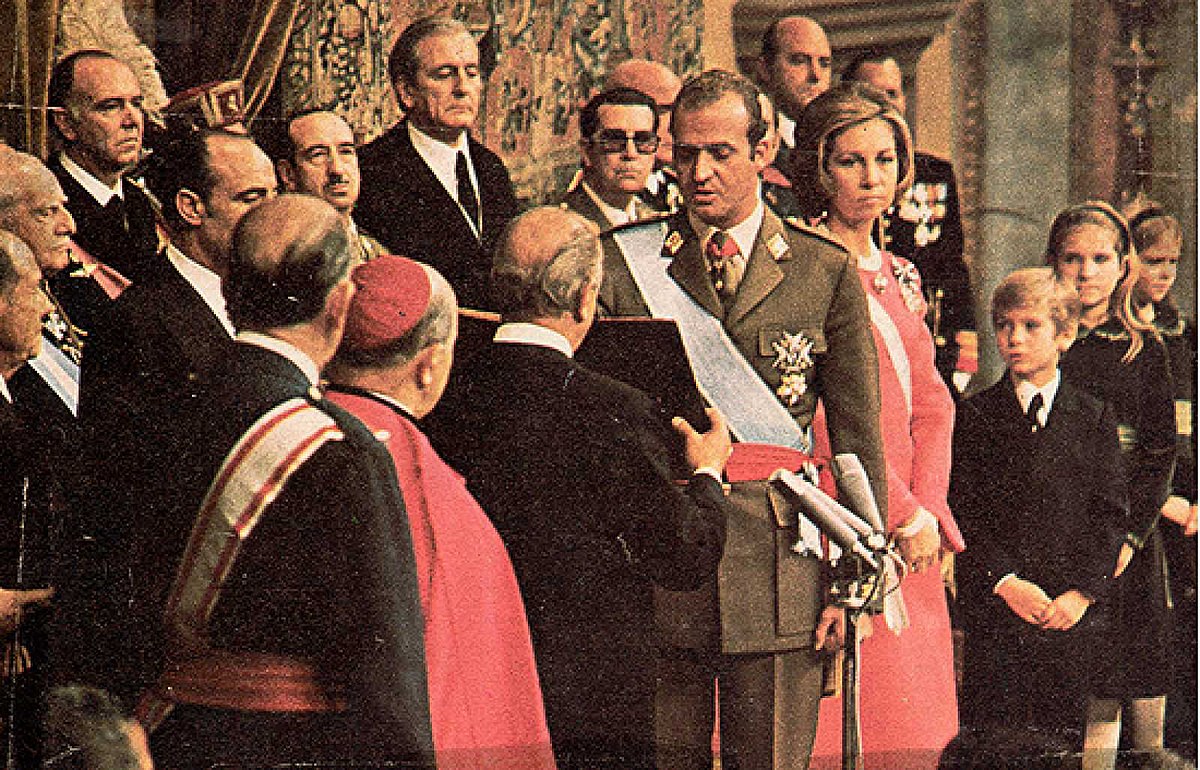
Forty years have passed since the attempted coup d’etat on the 23rd of February 1981 carried out by some rebel forces found within the Civil Guard and the military Captaincy General of Valencia. Recently, the main protagonist of the rebel faction Lieutenant-Colonel Antonio Tejero, has decided to break his silence and speak on what he considers to be his truth. He spoke on what he claims are the real reasons the failed coup happened, his role in it and more importantly, the role of the former king of Spain, Juan Carlos I.
The coup marked a before and after in the transition period in Spain. It emphasised the role of the monarchy as protectors of democratic values and above all, consolidated the figure of King Juan Carlos I as more than the ‘puppet prince’ that Franco had intended him to be. However, the consolidation of status for the institution and the monarch has always been fraught with rumours about who actually was in charge of the coup – as many believe that Tejero himself couldn’t have been the mastermind behind it.
At the age of 91 and after only serving ten out of his thirty years sentence for military rebellion, the former Lieutenant Colonel has come out to shift the blame elsewhere, explicitly to Juan Carlos I and General Armada, a very close friend of the King and the leader of the Spanish armed forces at the time. Tejero claims that “the coup was aimed at setting up a government in Spain, presided over by General Armada and agreed with the king”, thus implicating Juan Carlos directly in the lead up to the event. Tejero continued on to say that he had “messed things up for Juan Carlos”, as he was unable to agree with the presence of several left-wing politicians in the government that General Armada was supposed to lead.
Lately, Tejero has not been one to shy away from the spotlight. The interview, in which he claimed Juan Carlos’ involvement in the coup, came out only a week after he supposedly reported interim prime minister Pedro Sànchez for breaching the constitution after the latter had opened negotiations with the Catalan nationalist parties, seemingly destroying Spain. Even though reliable sources from the state‘s prosecutor’s office have denied that the former lieutenant colonel had presented any official report against Sánchez, Tejero still stands by the aforementioned statement. This all comes following Tejero’s claims that there should be another coup, this time supported by the current Spanish monarch. Felipe VI, and the Partido Popular led by Alberto Núñez Feijóo, arguing that they were the lesser of the two evils in the current situation.
Although many have questioned the mental health state of the 91-year-old man, his statements have only fed an already popular narrative about Juan Carlos’ involvement in the coup. This has led prominent parties in the opposition – including Sánchez’s main partner in government Sumar – to ask for an official enquiry. They have also demanded the release of the official state papers about the 23F, which up until this date, have been locked and inaccessible to anyone, even after multiple attempts to gain access to them throughout the years.
It begs the question, will Spaniards ever truly know what happened on that fateful 23rd of February 1981 or will it remain a secret forever?
Image: Juan Carlos I jura los principios del Movimiento, 1975 // CC-BY-SA-4.0



Average Rating